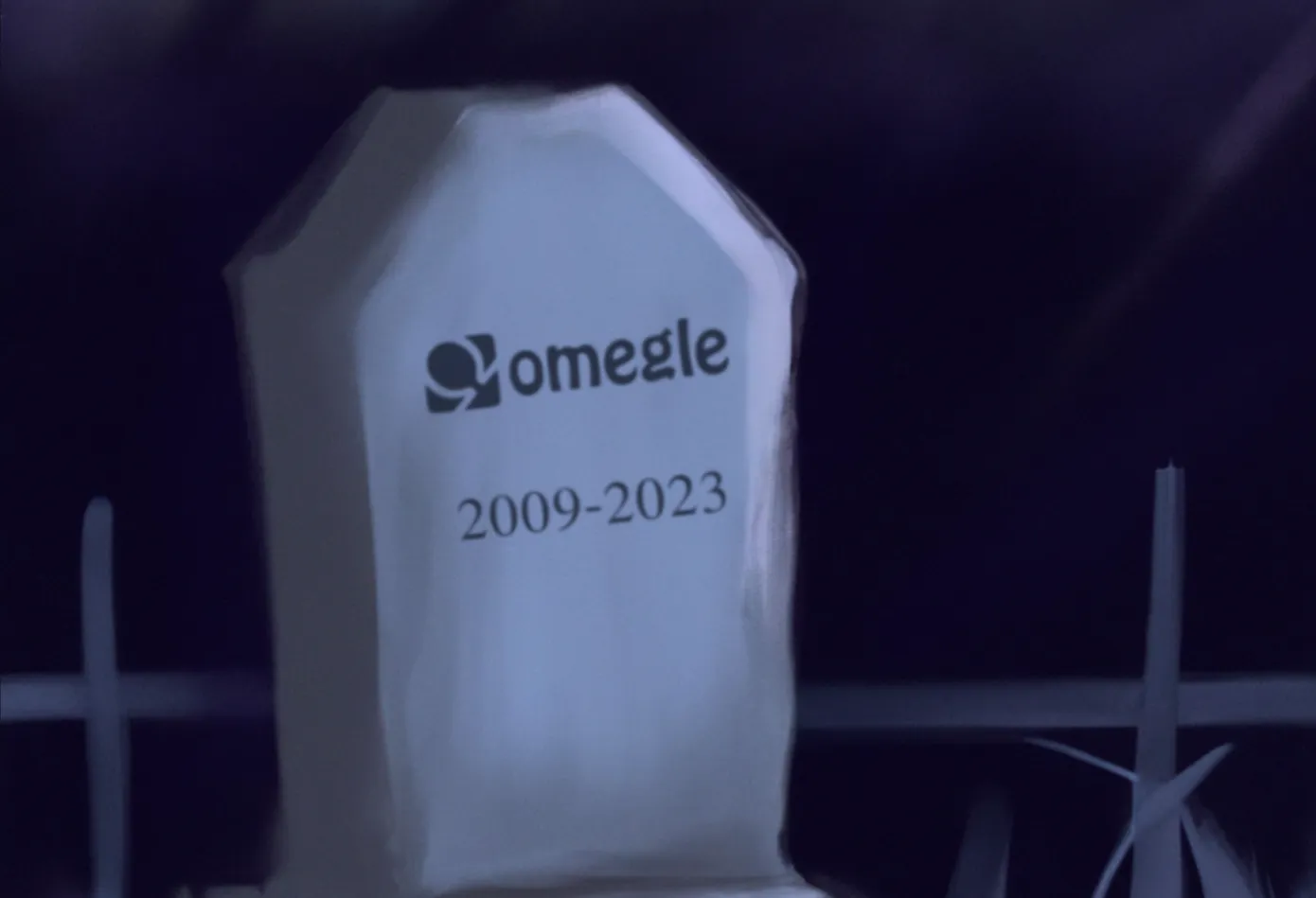In a shocking turn of events, Omegle, the once-popular online chat platform, has officially shut down after over 14 years in operation.
The founder, Leif K-Brooks, cited the growing misuse of the platform, including involvement in “unspeakably heinous crimes,” as the primary reason for its closure.
Launched in 2009 by an 18-year-old programmer and high school student, Omegle quickly gained popularity as a space where users could connect with strangers and engage in conversations.
Despite facing a decline in popularity over the years, the platform still managed to attract around 50 million visitors last month, as reported by analytics firm SimilarWeb.
K-Brooks, in a reflective blog post, expressed his surprise at the rapid success of Omegle, attributing it to the basic human need for meeting new people and the platform’s ability to fulfill that need.
However, he acknowledged that recent incidents of misuse, especially during the pandemic, led to the downfall of the once-thriving service.
The pandemic-induced surge in Omegle’s usage brought with it a host of sketchy activities, prompting criticism and concerns about the platform’s safety.
Omegle reported 600 000 incidents of child sexual abuse on its site in 2022. It was egregiously dangerous and the world is a better place without it.
The fact that it was taken offline by civil action and not state enforcement is an indictment of the weakness of US regulation. https://t.co/dGT28NcgPz
— Michael Salter (@mike_salter) November 9, 2023
Despite attempts to implement improvements over the years, K-Brooks admitted that the “recent attacks have felt anything but constructive.”
What makes Omegle’s closure even more noteworthy is that it resulted from civil action rather than state enforcement, highlighting the apparent weaknesses in US regulation.
K-Brooks explained that the stress and expense of combating misuse, coupled with the operational challenges of running Omegle, became overwhelming and unsustainable. He candidly stated, “I don’t want to have a heart attack in my 30s.”
Expressing disappointment in the evolution of the internet over the past decade, K-Brooks lamented the changing landscape of online communication.
He emphasized that Omegle’s battle may be lost, but the broader war against the negative aspects of the internet is far from over.
K-Brooks raised concerns about the potential transformation of the internet into a passive consumption-focused space, with diminished opportunities for active participation and genuine human connection.
As Omegle bids farewell, questions arise about the future of online communication platforms and the ongoing struggle to balance freedom of interaction with the prevention of misuse.
The demise of Omegle serves as a stark reminder of the challenges faced by such services in navigating the complex and ever-evolving digital landscape.

